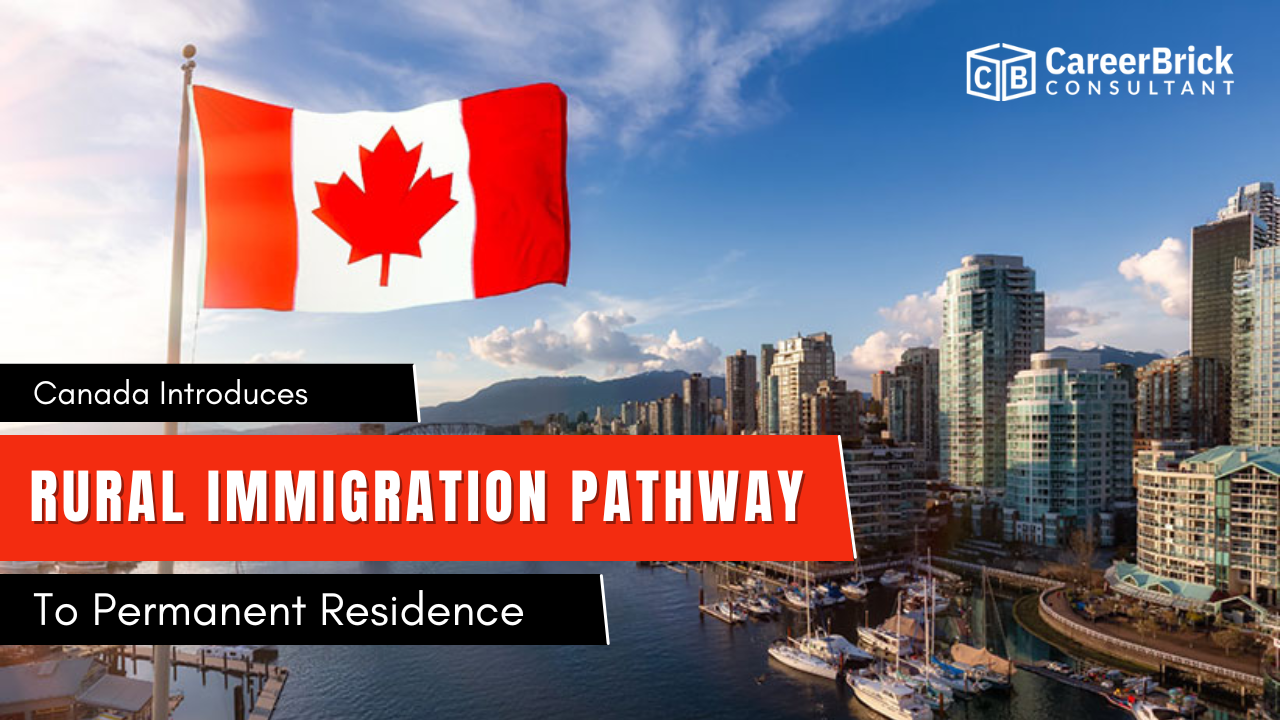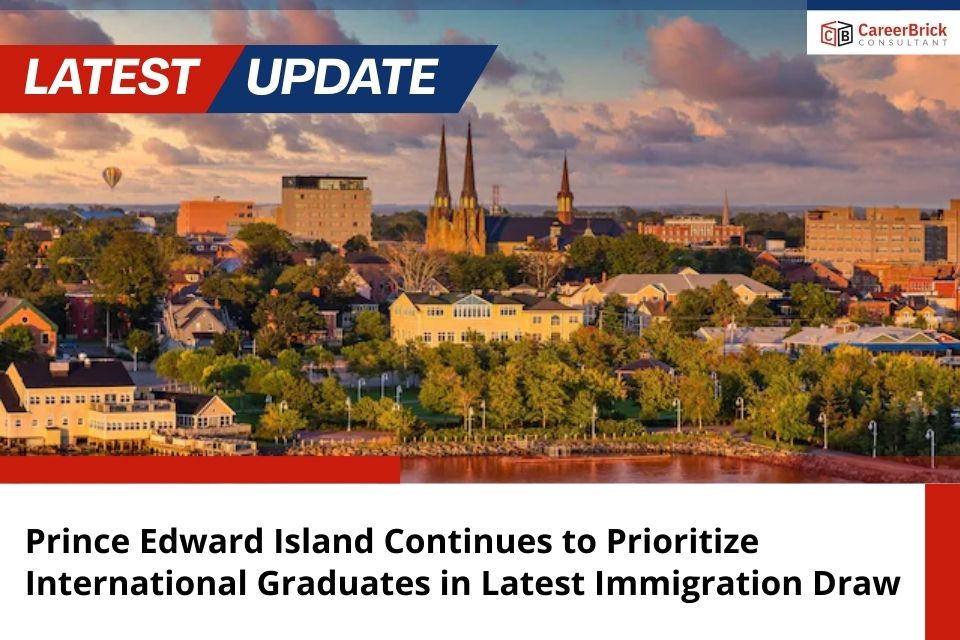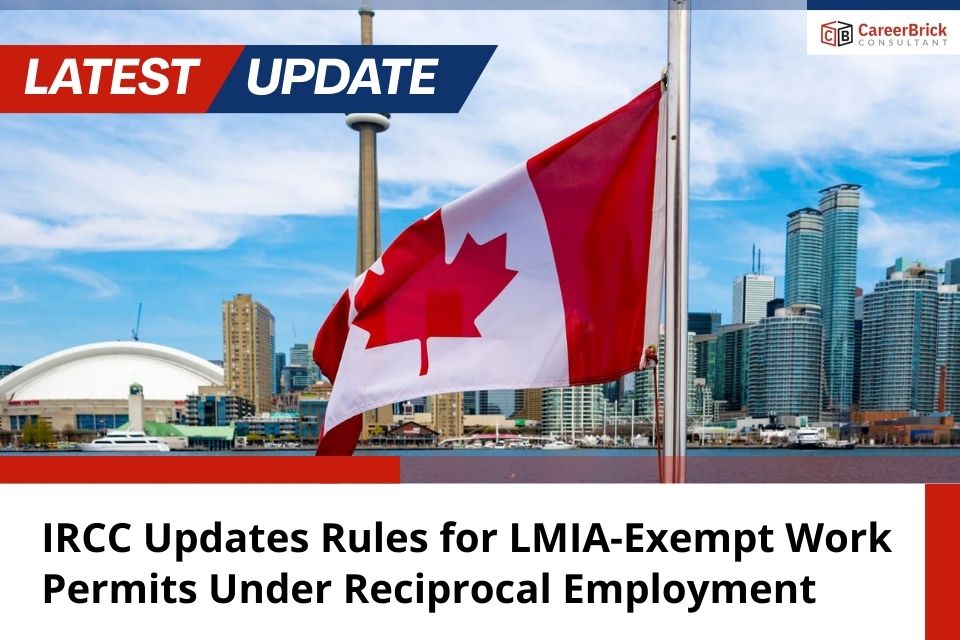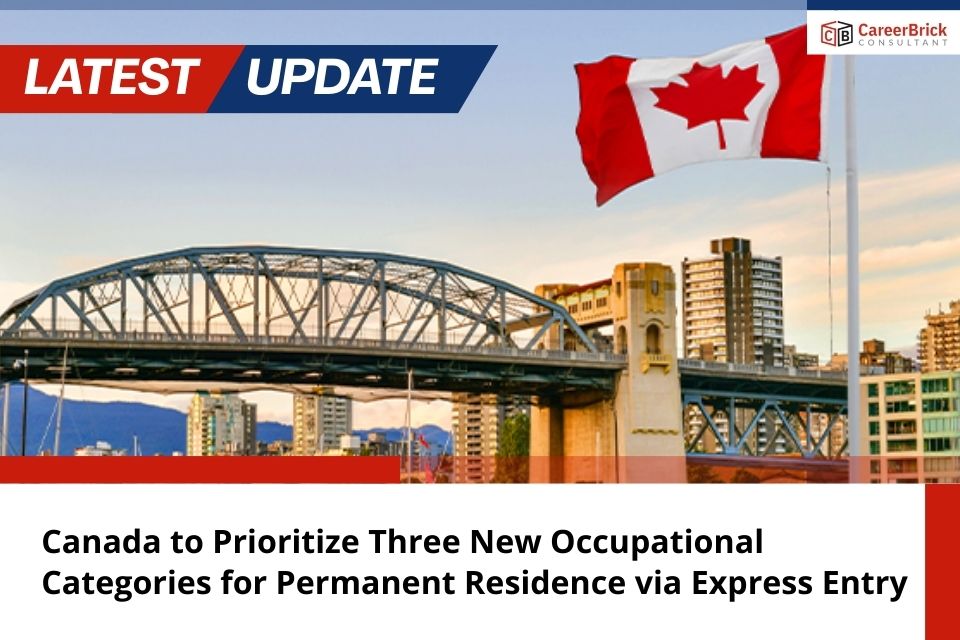Immigration, Refugees and Citizenship Canada (IRCC) has unveiled key details of the Rural Community Immigration Pilot (RCIP), including its official launch and the communities chosen to take part.
RCIP provides a pathway to permanent residence for foreign nationals who:
- Can address labor shortages in designated rural communities outside Quebec
- Are willing to settle in these communities for the long term
Selected Communities for RCIP
On January 30, IRCC announced that 14 communities have been chosen to participate in the pilot program.
|
Community |
Province |
|
Pictou County |
Nova Scotia |
|
North Bay |
Ontario |
|
Sudbury |
Ontario |
|
Timmins |
Ontario |
|
Sault Ste. Marie |
Ontario |
|
Thunder Bay |
Ontario |
|
Steinbach |
Manitoba |
|
Altona/Rhineland |
Manitoba |
|
Brandon |
Manitoba |
|
Moose Jaw |
Saskatchewan |
|
Claresholm |
Alberta |
|
West Kootenay |
British Columbia |
|
North Okanagan Shuswap |
British Columbia |
|
Peace Liard |
British Columbia |
Local Economic Development Organizations to Oversee RCIP Implementation
Each participating community will be represented by a local economic development organization, which will collaborate with IRCC to:
- Identify labor shortages
- Nominate reliable employers
- Recommend eligible candidates for permanent residence
The communities will provide further details, including timelines for when employers and prospective PR candidates can begin applying.
RCIP Eligibility Requirements
The Rural Community Immigration Pilot (RCIP) is an employer-driven, community-specific immigration pathway. To qualify, candidates must secure a job offer from a designated employer that meets specific conditions.
Key Eligibility Criteria:
- Work Experience: Must meet specific requirements, though this may be waived for eligible international graduates.
- Genuine Job Offer: Must come from a designated employer approved by an economic development organization.
- Language Proficiency: The required Canadian Language Benchmark (CLB) level depends on the NOC TEER of the job offer.
- Education: A minimum of a secondary school credential is required.
- Proof of Funds: Applicants must demonstrate they have sufficient financial resources to support themselves and their family for one year.
- Intent to Reside: Candidates must plan to live and work in the designated community.
- Certificate of Recommendation: A valid certificate of recommendation from an economic development organization is required at the time of application.
Note: Applicants already residing in Canada must have valid temporary resident status throughout the application process until they receive PR.
Replacing the Rural and Northern Immigration Pilot (RNIP)
The RCIP replaces the Rural and Northern Immigration Pilot (RNIP), which stopped accepting new applications in August 2024.
Originally launched in 2022, RNIP aimed to encourage newcomers to settle in Canada’s more remote regions.
In a recent announcement, Immigration Minister Marc Miller indicated that plans are underway to establish RNIP as a permanent program in the future.
What is an Immigration Pilot?
An immigration pilot is a temporary pathway to permanent residence, typically running for up to five years before expiring and closing to new applications.
Canada introduces immigration pilots to:
- Address regional or occupational labor shortages
- Support economic growth in specific areas or industries
These programs enable the federal government to test new immigration pathways and assess their effectiveness. If successful, a pilot may eventually become a permanent immigration program.







